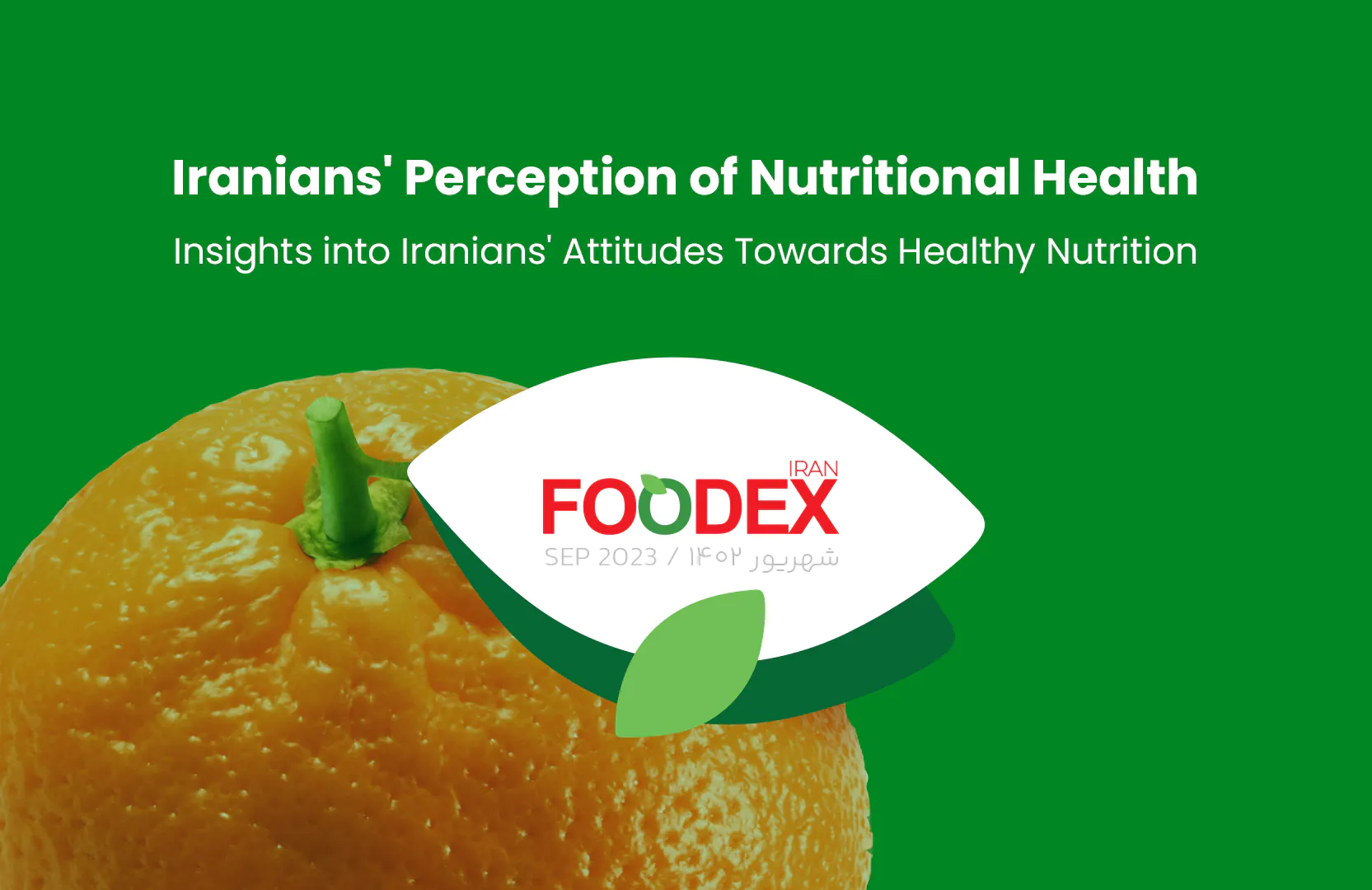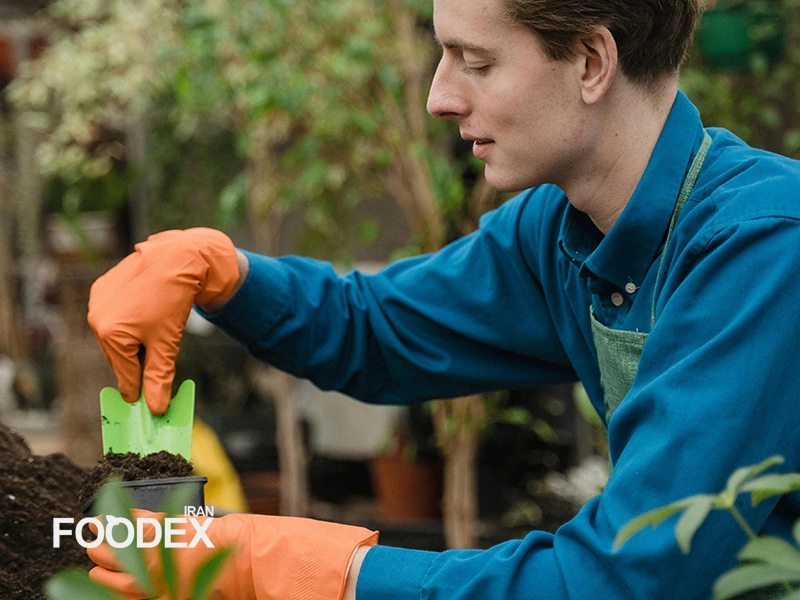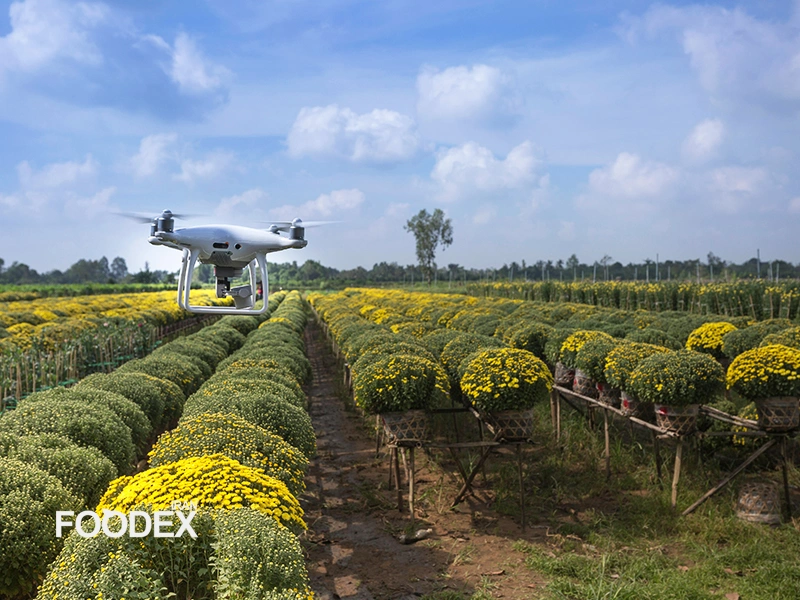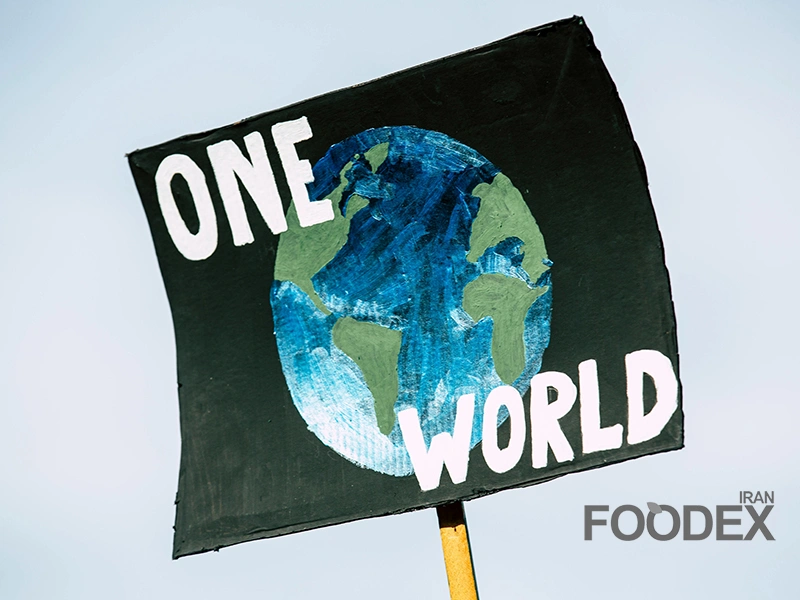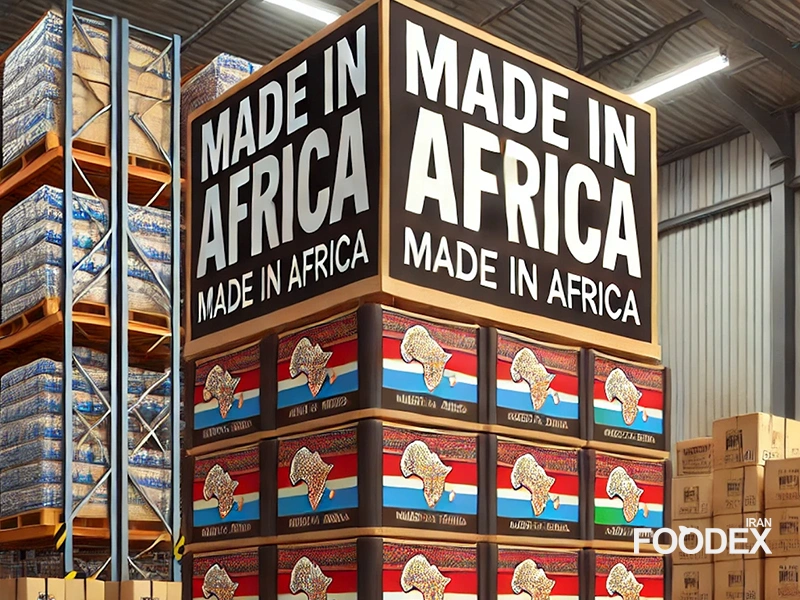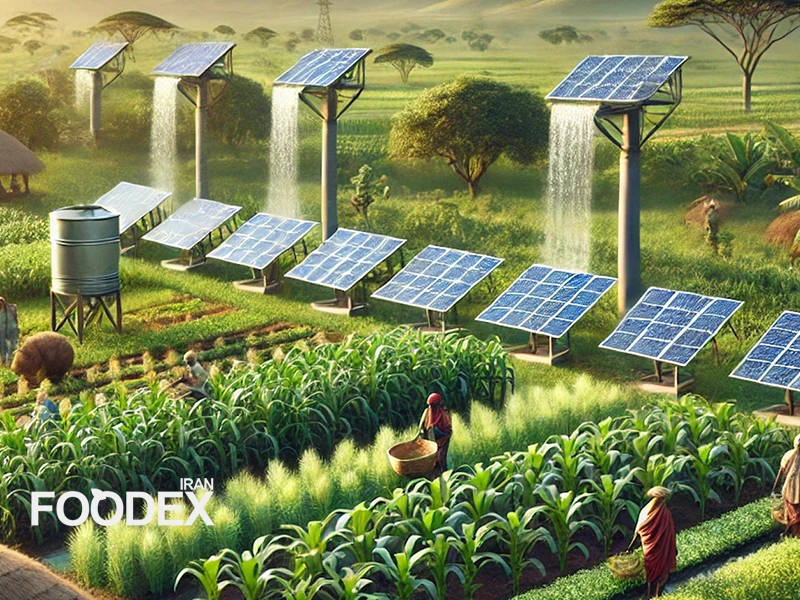Agriculture remains one of the most significant pursuits in Africa’s economy, giving livelihood to millions of people across the continent. With abundant natural resources and fertile land, Africa has all the potential to be a global agricultural powerhouse. However, significant challenges ranging from infrastructure gaps to climate change and limited access to modern technology have stymied the full realization of this potential. In this blog, we delve into the various challenges and find opportunities within, that even these may be used as catalysts for growth.
Challenges
Climate Change
The most daunting threat that faces African agriculture is the unpredictable changes in the climate. The droughts and rainfall have become so unpredictable, with resultant floods that have ravaged farms and disrupted crop production, especially for the small scale farmer who solely depends on seasonal rain to grow crops.
Infrastructure Shortfalls
Poor infrastructure in irrigation, transportation networks, or storage facilities has retarded agricultural growth on the continent. Food is wasted at high rates due to poor storage or failure to reach markets in time.
Limited Investment
The domestic and foreign investments in the agricultural sector in Africa have been very insufficient. The lack of financial support in agriculture doesn’t enable farmers to adapt to modern practices and technology hence low productivity and inefficiency.
Access to Modern Technology
Most of the farmers in many parts of the world lack access to smart irrigation, precision farming, or meteorological data tools that would complement and optimize production. This lack of technology results in wasted resources and lower production.
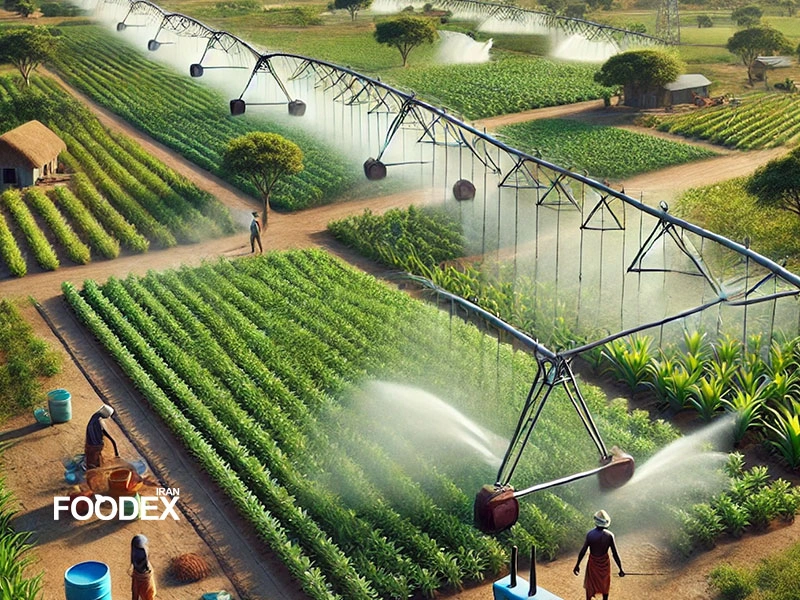
Data and Statistics
The Food and Agriculture Organization estimates that agriculture contributes approximately 35% of Africa’s GDP and employs half of its workforce. But in spite of this important function, the continent still imports in excess of $50 billion worth of food every year-sure evidence of underutilized capacity. With the population expected to reach 2.5 billion by 2050, demand will surge, and investment in agriculture with enhanced productivity will become key to meeting such demand.
Solutions and Opportunities
Leveraging Modern Technology
Technologies like precision farming and smart irrigation can barely improve efficiency to enable farmers to make the most of limited resources such as water and arable land. The technologies will ensure that waste is reduced, yields are increased, and the quality of crops is improved.
African Continental Free Trade Area
The AfCFTA could be a game-changing moment for intra-African trade in agricultural products. With this trade agreement, it would be easier for African countries to scale up their agricultural sectors, attract investments, and reduce dependence on imports coming outside of the continent by creating bigger and more competitive markets.
Sustainability in Agriculture: Institutional and Behavioral Changes vs. Green Technologies
Read MoreInvestments in Infrastructure
This will be addressed through investments in infrastructure that will cut post-harvest losses, as well as promote access to wider domestic and international markets; particularly, it looks at transport, storage, and irrigation systems. The improvement of such systems will reduce the cost to producers and enhance profitability, hence making African agriculture more competitive in the global market.
Private Sector Involvement
In this respect, favorable regulations for investment by the private sector, financial incentives, and public-private partnership will act as a catalyst for innovation and growth in agriculture. At the same time, the wider involvement of local and international investors in investment activity should help in the development of the sector that generates jobs and raises production.
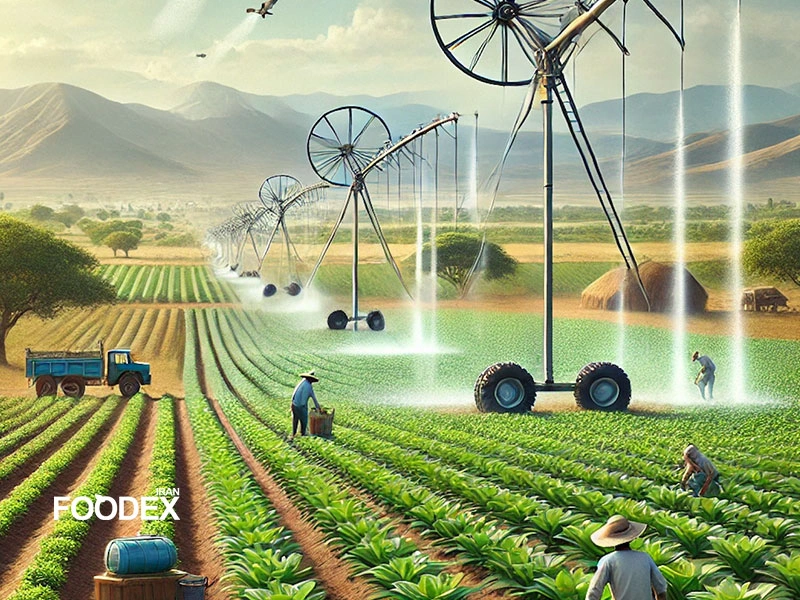
Conclusion
It is estimated that the agricultural sector in Africa has enormous potential for further development. However, a number of challenges lie ahead. With the adoption of modern technologies, infrastructural investment, and under the AfCFTA, this could be a great opportunity for the continent to become one of the leading food producers in the world. This dream will not be realized without the contribution on the part of governments, investors, and international organizations in order to pave the way for more sustainability and wealth for African farmers and their communities.
Sources
FAO (Food and Agriculture Organization) – Reports on the role of agriculture in Africa’s economy and the impact of modern agricultural technologies.
World Bank Agricultural Reports – Insights on investment, infrastructure, and productivity challenges in Africa’s agricultural sector.
World Economic Forum (WEF) – Data on the African Continental Free Trade Area (AfCFTA) and its potential impact on agriculture and trade within Africa.
Ehsan Allahverdi
Executive Manager of Foodex Iran
Marketing Consultant for Leading Food & Beverage Brands
website | linkedin








